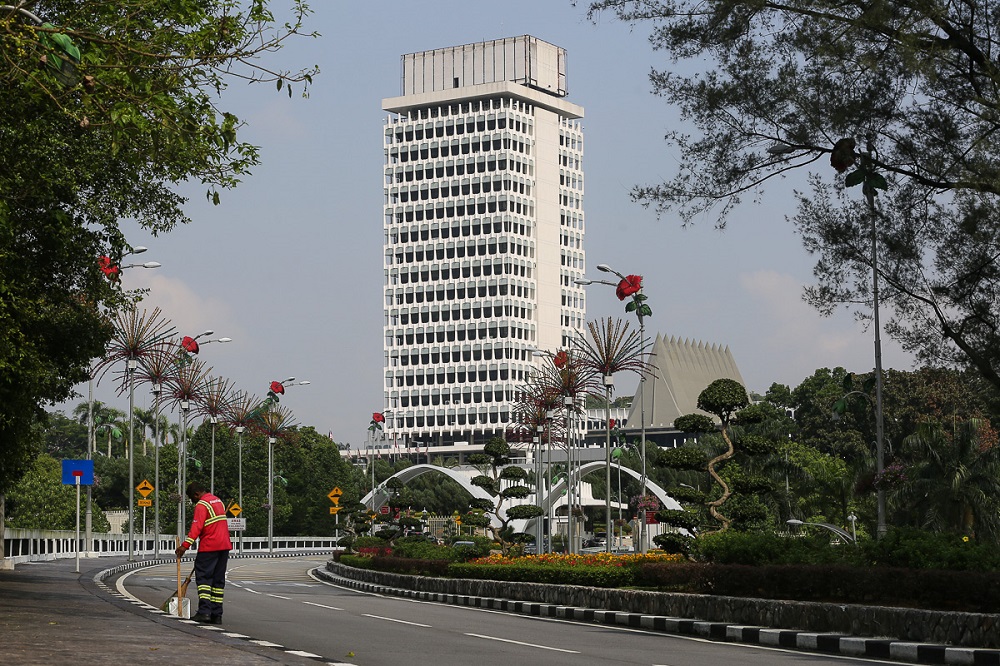KUALA LUMPUR, Feb 28 — Calling it due time, several women’s advocacy groups called for the Parliamentary Special Select Committee on Women and Children Affairs and Social Development to urgently review the Anti-Sexual Harassment Bill 2021.
At the same time, the Joint Action Group for Gender Equality (JAG), Engender Consultancy and Young Women Making Change handed over a memorandum of their recommendations for the government to amend the Bill.
“While we recognise and appreciate the Government’s efforts to honour its commitment of passing specific legislation on sexual harassment, unfortunately, there remain significant gaps in the bill, especially in terms of proper redress and prevention mechanisms to protect victims of sexual harassment.
“These amendments will ensure that we enact legislation which is comprehensive and prioritises the rights and wellbeing of victims of sexual harassment,” they said in a joint statement released to the media today.
Among the recommendations suggested in the memorandum was an organisation’s duty to prevent and address sexual harassment.
The group said that organisational duties must be added to the Bill, as sexual harassment does not only happen between two parties, but the setting or environment must be considered too.
“It happens within a setting or environment — including at work, universities, schools, public transport, and so on. Therefore, organisational duty is a fundamental component which must be included. Including organisational duties in the Bill ensures that steps must be taken by organisations to prevent sexual harassment from occurring in the first place.
“Without mandated organisational duties, survivors must wait for the harassment to occur — and then bear the responsibility of reporting it on their own. Additionally, with organisational duties spelt out, survivors would have the option of addressing harassment at the organisation level, which may be preferable,” they said.
They said that the Bill should specify an organisation’s role in addressing and preventing sexual harassment in the workplace.
The group then said that the definition of sexual harassment must also be extended to recognise instances where the harassment is not directed at a particular individual but creates an offensive, hostile or intimidating environment.
“For example, situations where a supervisor narrates sexual jokes and innuendos to subordinates can cause an offensive, hostile or intimidating environment which affects individuals’ ability to function at work,” they said.
Provisions for survivors must also be included in the Bill, said the group, to prevent victimisation of sexual harassment survivors.
“Victimisation is a common retaliatory response to survivors of sexual harassment. It is detrimental as it can lead to underreporting and also re-traumatises survivors.
“For example, a professor may threaten to mark down a student for making a sexual harassment complaint or supporting another student’s claim. The Anti-Sexual Harassment Bill should have a clause protecting complainants and to ensure they feel safe in reporting their experiences,” they said.
The first sitting of the Anti-Sexual Harassment Bill 2021 took place on December 15 last year in the Dewan Rakyat, to set up a tribunal to handle sexual harassment complaints.
The tribunal, known as the Anti-Sexual Harassment Tribunal, requires its members including the president and deputy president to be appointed from among members of the judicial and legal services.
The Bill provides the tribunal the jurisdiction to hear and determine the sexual harassment complaints made by any individual.
The second reading for the Bill is scheduled for the current Parliamentary session, which began today.



















